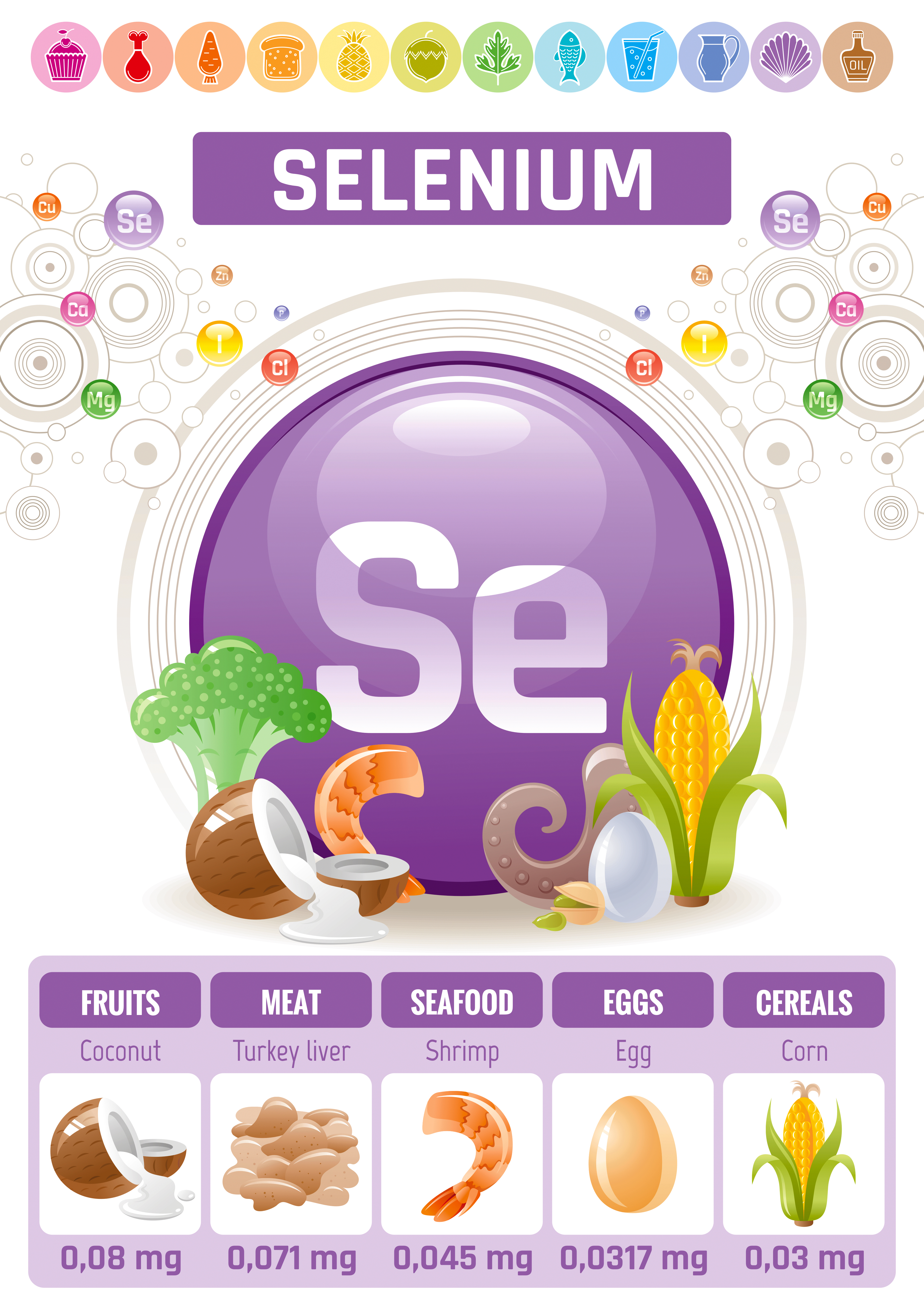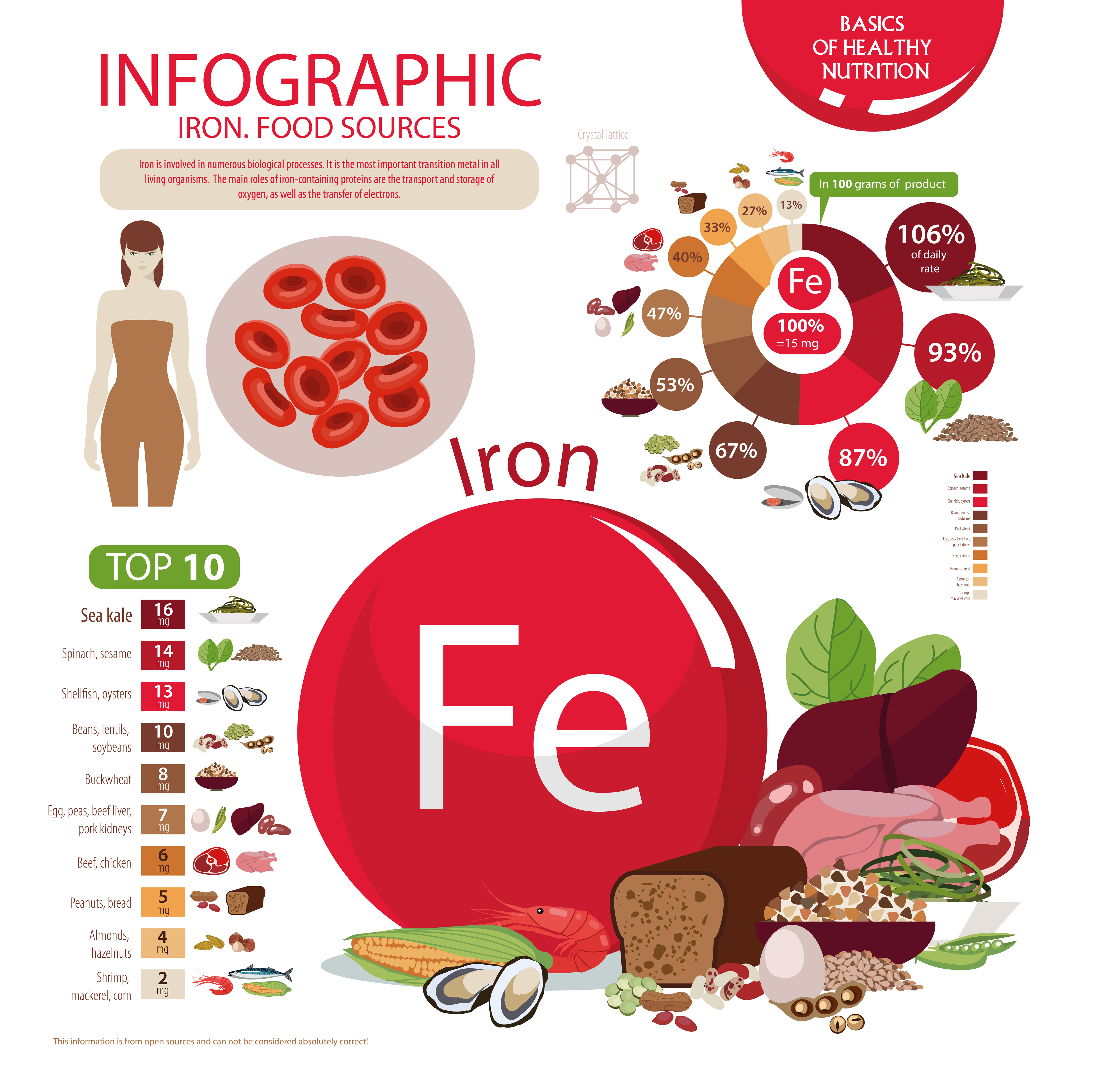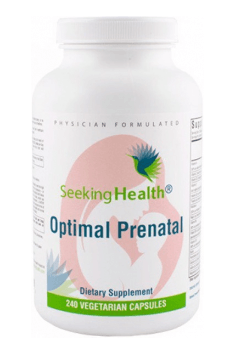Supplements during pregnancy are incredibly important for the health of the mother and the development of the child. Probably every woman knows, that during pregnancy folic acid should be taken unconditionally, as its positive influence on the development of the fetus was proven. This fact has been known for years and is not controversial: each doctor recommends a preparation with this ingredient as early as during the first appointment. What about other ingredients? Which supplements to choose, especially when the choice is so wide?
Supplements for pregnant women - basic information
A woman often chooses a supplement by herself, being directed by the price or the number of ingredients, according to the rule: the more the better. It is a mistake, as during pregnancy all vitamins and minerals that exist are not necessary. However, there are some nutrients that need to be supplemented by every pregnant women, as their positive influence on the course of pregnancy and the child’s development was proven. Their proper amount is also important, therefore when choosing “vitamins for pregnant women” on our own, we should pay attention to the fact if they contain all the elements in appropriate amounts.
Folic acid
Folates and folic acids - not less than 400 ug per day.

It is one of the B-group vitamins (other names: vitamin B9, folate, folacin). Our organism is not able to produce this element, therefore it needs to be provided with food or in the form of a supplement during pregnancy. It is essential for the creation of red cells. It regulates the development of nerve cells, influences proper function of the nervous system, digestive system and sex organs. Folic acid is an essential factor of growth and development. It is essential in DNA synthesis, which is important in quick growth of cells creating new tissues and organs in early pregnancy.
Proper level of folates influences proper course of their cycle, which determines appropriate development of the fetus and protects its DNA. Folates are not only folic acid, but also its active “variety” in the form of e.g. calcium methylfolate, which is the form ready to include into the pathway of folates. The Polish Gynecological Society recommends to supplement diet with folates - i.e. the combination of folic acid with its active form. It is especially important, as every second woman in United Kingdom has problems with folic acid metabolism (MTHFR polymorphism) and should take it in combination with the active form. Folic acid, on the other hand, is the only form of folates, which has proven effectiveness in reducing neural tube defects. Folates are also engaged in the active regulation of homocysteine metabolism. The growth of its concentration may lead to inhibiting the development of the fetus or cause developmental defects, such as neural tube defects, cleft palate or even Down syndrome.
In the first weeks of pregnancy, the role of folic acid is closely related to the development of formation of the nervous system, especially the brain and spinal cord. It was proven that supplementation with folic acid for a month before pregnancy and for the first trimester of pregnancy decreases the risk of congenital defects by 50-70%, mainly neural tube defects, such as anencephaly and spina bifida. Proper satiation of the women’s organism with folic acid is especially important at the beginning of pregnancy, therefore when preparing to getting pregnant, it is worth supplementing folates for at least 3 months in order to ensure a proper level of these ingredients. The recommended dose preventing these defects is at least 400 micrograms (μg, mcg), i.e. 0.4 mg of folic acid per day. Women from the families burdened with the risk of neural tube defect should take at least 4 mg of folic acid a day.
B-group vitamins
Vitamins B6 and B12 considerably contribute to the proper course of cycle of folates and decreasing the concentration of homocysteine. The studies on the intake of vitamin ingredients by pregnant women in Poland prove the occurrence of deficiency of vitamin B6 in every third woman, and deficiencies of vitamin B12 in every second pregnant woman. Therefore, we may conclude that complementing B-group vitamins is important, as their deficiencies causes the increase of the risk of neural tube defects. In case of vitamin B6, the risk is increases by 71% and in case of insufficient supply of vitamin B12, the risk of neural tube defects increases by as many as 5 times.
Choline

As a precursor of acetylcholine, it facilitates the conduction of nerve impulses in the brain of the child and it supports the development and functioning of the nervous system. In the study carried out with the participation of children at the age of 7, whose mothers during pregnancy applied proper doses of choline, they had better results of tests, in which visual memory was assessed. Additionally, choline modulates hormonal activity by reducing the production of cortisol (the stress hormone) in a child. The excessive concentrations of this hormone for a long time negatively influence the functioning of the organism and in the adult life they may contribute to the development of civilization diseases, such as diabetes type II, hypertension and obesity. Choline is an alternative source of methyl residues for folates and disorders in choline metabolism increase the risk of Down syndrome 8 times.
Vitamin D3
Vitamin D3 - 1500-2000 IU / day.

This vitamin is essential to maintain proper calcium-phosphorus balance in the organism and for the proper functioning of many tissues, organs and cells unrelated to the mineral balance. Vitamin D influences the process of transcription (rewriting genetic information) in more than 200 genes. Large deficiency of vitamin D during pregnancy increases the risk of the occurrence of preeclampsia and delivery of the baby with the deficiency of this vitamin results in weaker bone mineralization in the later period and the development of rickets. It also increases the risk of i.a. diabetes type I, cancers and autoimmune diseases.
Selenium

An element essential for the proper functioning of thyroid; the increase of the concentration of selenium is related to better mental development of a child.
Iron
Iron - 30-60 mg/day.

There is dependency between its level in cord blood of a child and tests evaluating motor and cognitive abilities in young children. Iron deficiency appears in ca. 40% of pregnant women. The doses of iron during pregnancy should be adjusted to a given woman and to a given trimester. In case of pregnant women with anemia, the dose of Fe should be increased to 60-120mg per day.
DHA
DHA acid - 600-1000 mg per day.

Supplementing this acid during pregnancy is essential, as in an average diet there are large deficiencies of unsaturated fatty acids omega-3, especially the most valuable of them - docosahexaenoic acid (DHA), the main source of which are sea fish and shellfish. Research provedthat the application of DHA during pregnancy has positive influence on the development of the nervous system and eyesight in children - this acid is an important building element of nerve cells of the brain and eye retina during fetal life. According to the acknowledged scientific evidence, DHA at the dose of 200 mg per day contributes to proper vision and the functioning of the heart and the brain. The application of 600 mg of DHA per day prevents premature childbirths. Its dose is recommended by the Polish Gynecological Society for each pregnant women in order to prevent premature birth, while in case of its increased risk - the recommended dose if 1000 mg of DHA.







